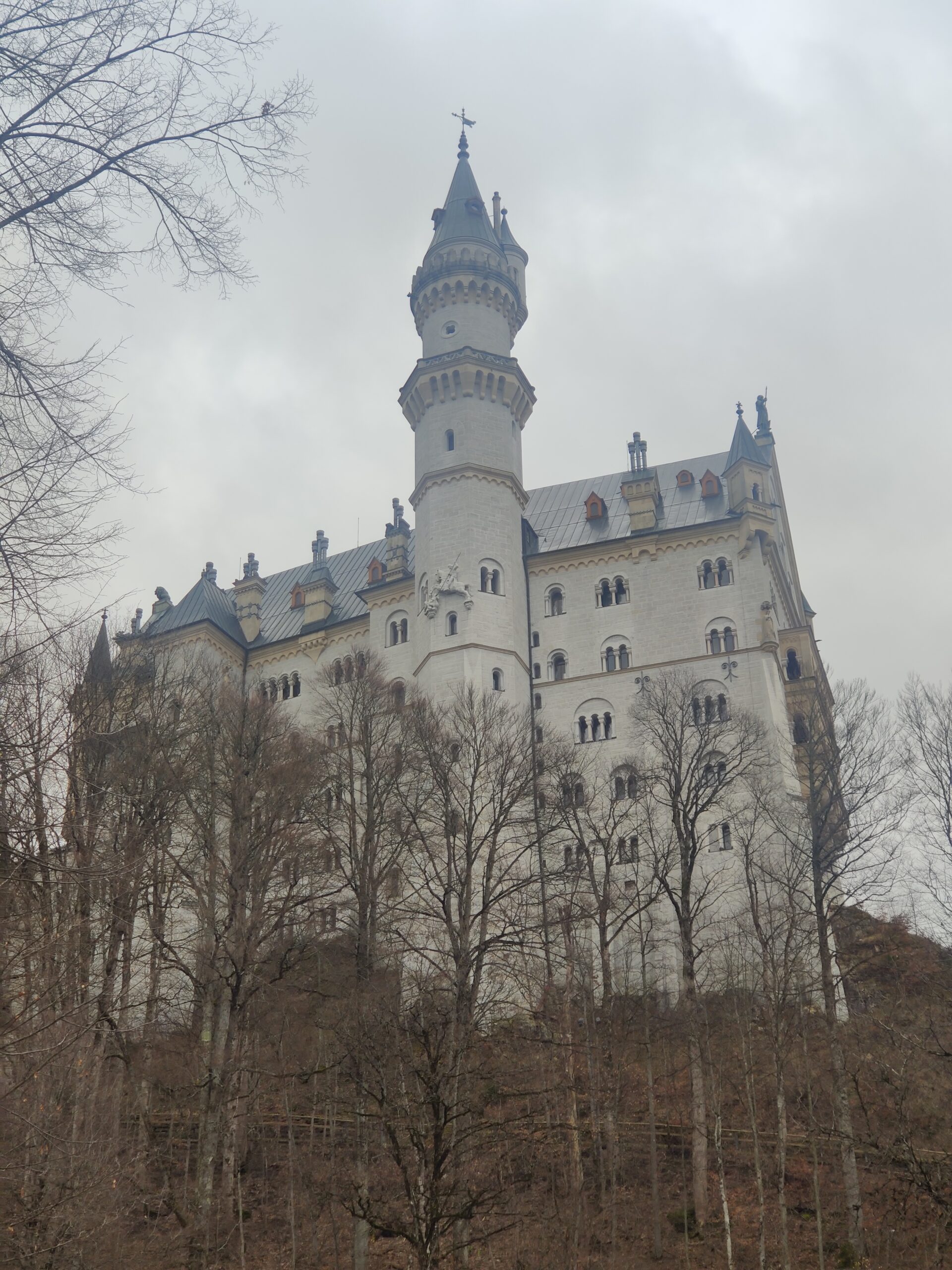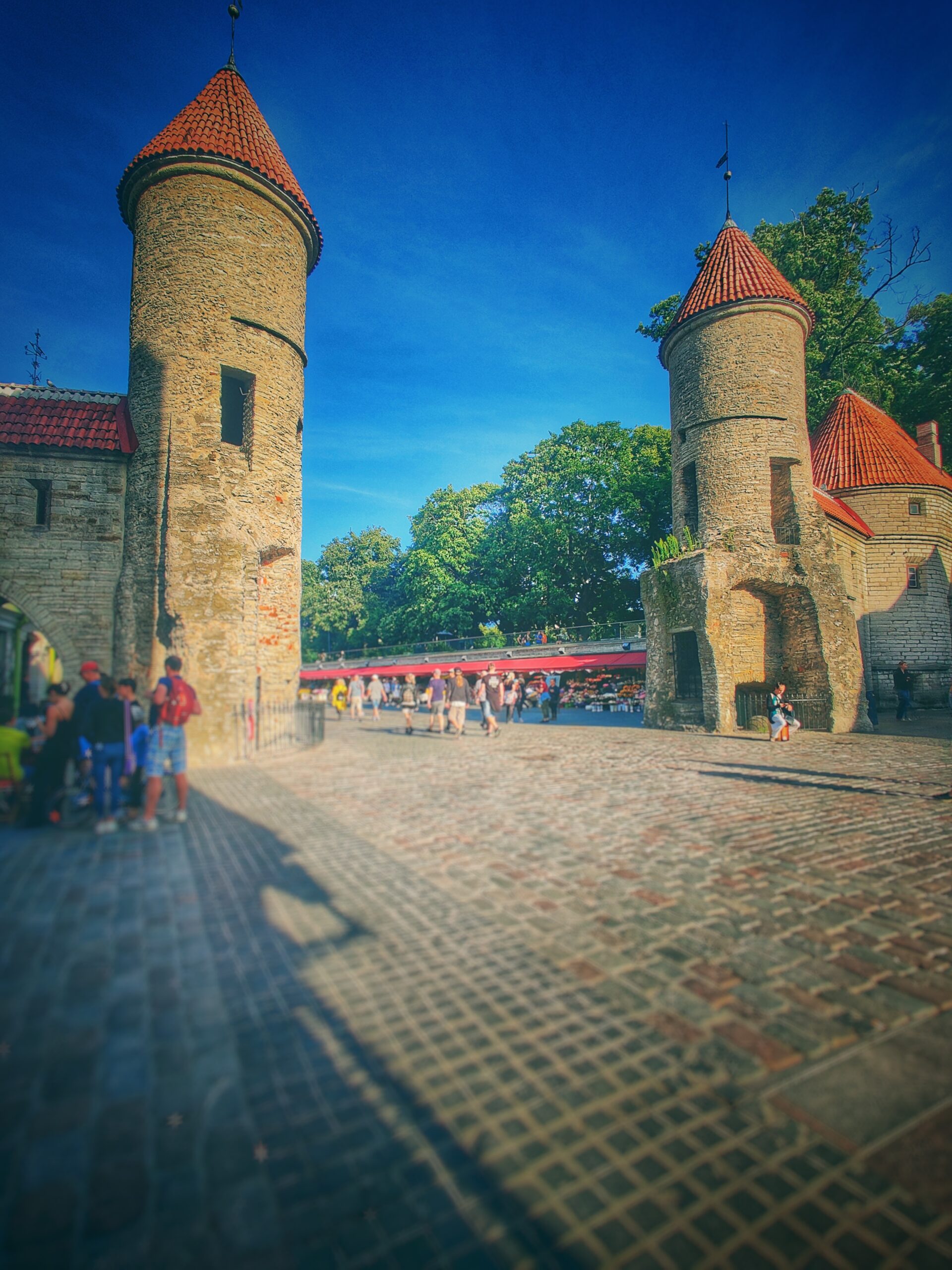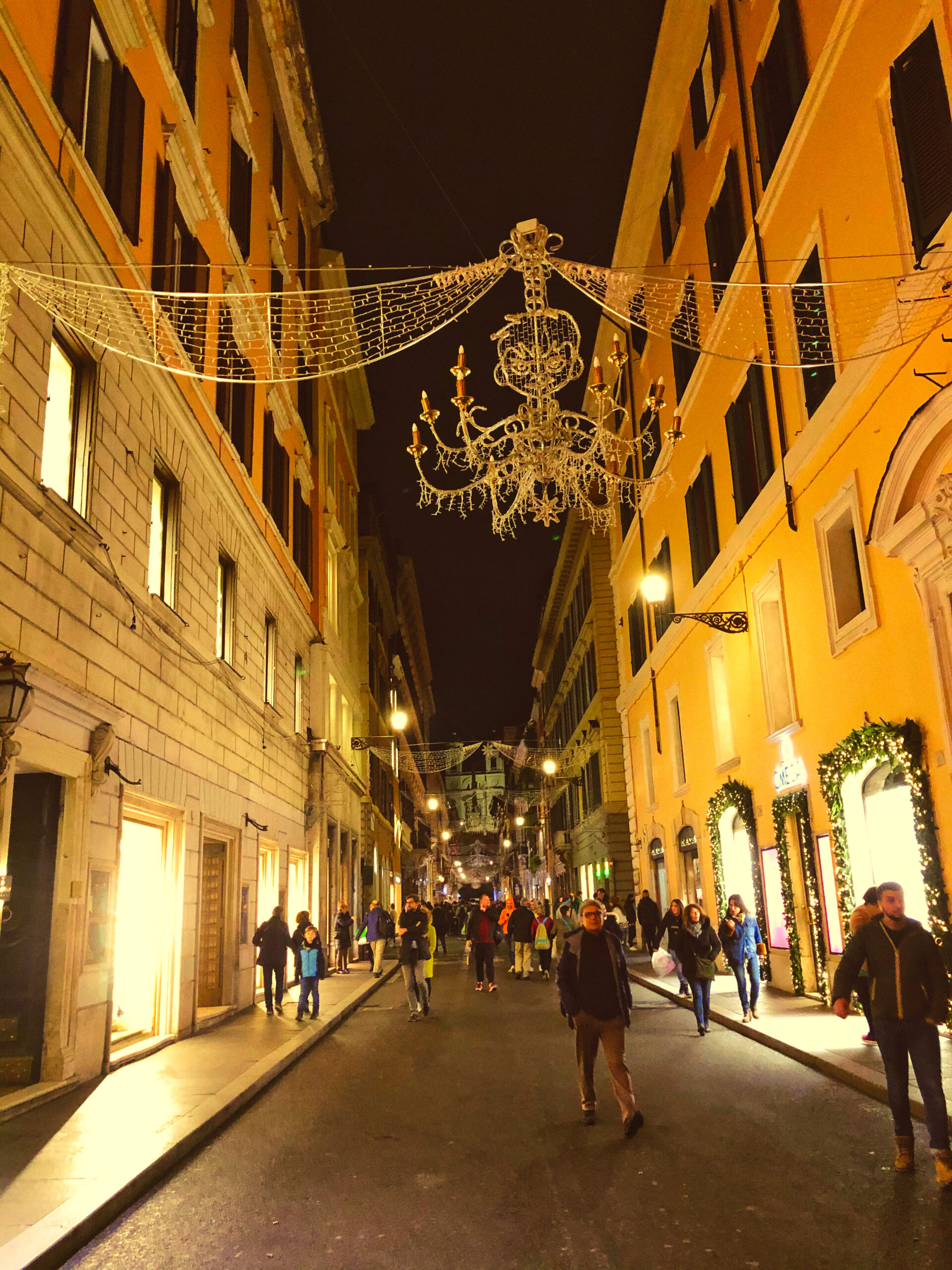Germany
Germany, located in the heart of Europe, is a country characterized by its rich history, strong economy, and vibrant culture. With a diverse landscape that ranges from the picturesque Bavarian Alps to the sweeping plains of the north, Germany offers a mix of modernity and tradition. Known for its precision engineering, the country is an industrial powerhouse, home to world-renowned automotive companies like Volkswagen, BMW, and Mercedes-Benz. Germany also boasts a robust education system, fostering innovation and research. Its cultural heritage is a tapestry of classical composers like Beethoven and Bach, as well as influential figures like Goethe and Nietzsche. From Oktoberfest celebrations in Bavaria to the historic remnants of the Berlin Wall, Germany’s past and present coexist harmoniously, making it a fascinating and influential nation in Europe and beyond.
Things to See and Do in Germany
Typical Costs When Travelling
Accommodation:
- Hostels: Budget travelers can find dormitory beds in hostels for around €20-€40 per night.
- Budget Hotels: Basic budget hotels typically cost between €40-€80 per night for a double room.
- Mid-Range Hotels: Mid-range hotels and guesthouses usually range from €80-€150 per night.
- Luxury Hotels: Luxury hotels can cost over €200 per night and can go well above that in major cities.
Food:
- Street Food and Fast Food: Street food, kebabs, and fast food options can cost around €3-€8 per meal.
- Casual Dining: Dining in casual restaurants or bistros might cost €10-€20 for a meal.
- Mid-Range Restaurants: A three-course meal for one person in a mid-range restaurant can range from €20-€40.
- Fine Dining: Fine dining experiences can be significantly more expensive, with prices well above €50 per person.
- Groceries: Buying groceries for self-catering or picnicking can cost around €30-€50 per week for basic items.
Transportation:
- Public Transport: City public transport (trams, buses, subways) tickets vary by city but are generally affordable, ranging from €2-€3 for a single ticket. Consider day or multi-day passes for better value.
- Intercity Buses: Long-distance buses are cost-effective, with tickets between cities starting at around €10-€30.
- Trains: Train tickets can vary widely depending on distance and speed. Regional trains are affordable, while high-speed trains like ICE can be more expensive. Expect to pay around €30-€80 for an intercity train journey.
- Flights: Domestic flights can be competitive, with prices starting at around €50-€100 for one-way tickets between major cities.
- Rental Cars: Rental car costs vary by type of car and duration. Expect to pay approximately €30-€100 per day, plus fuel and tolls.

Money Saving Tips
October 22, 2023





















